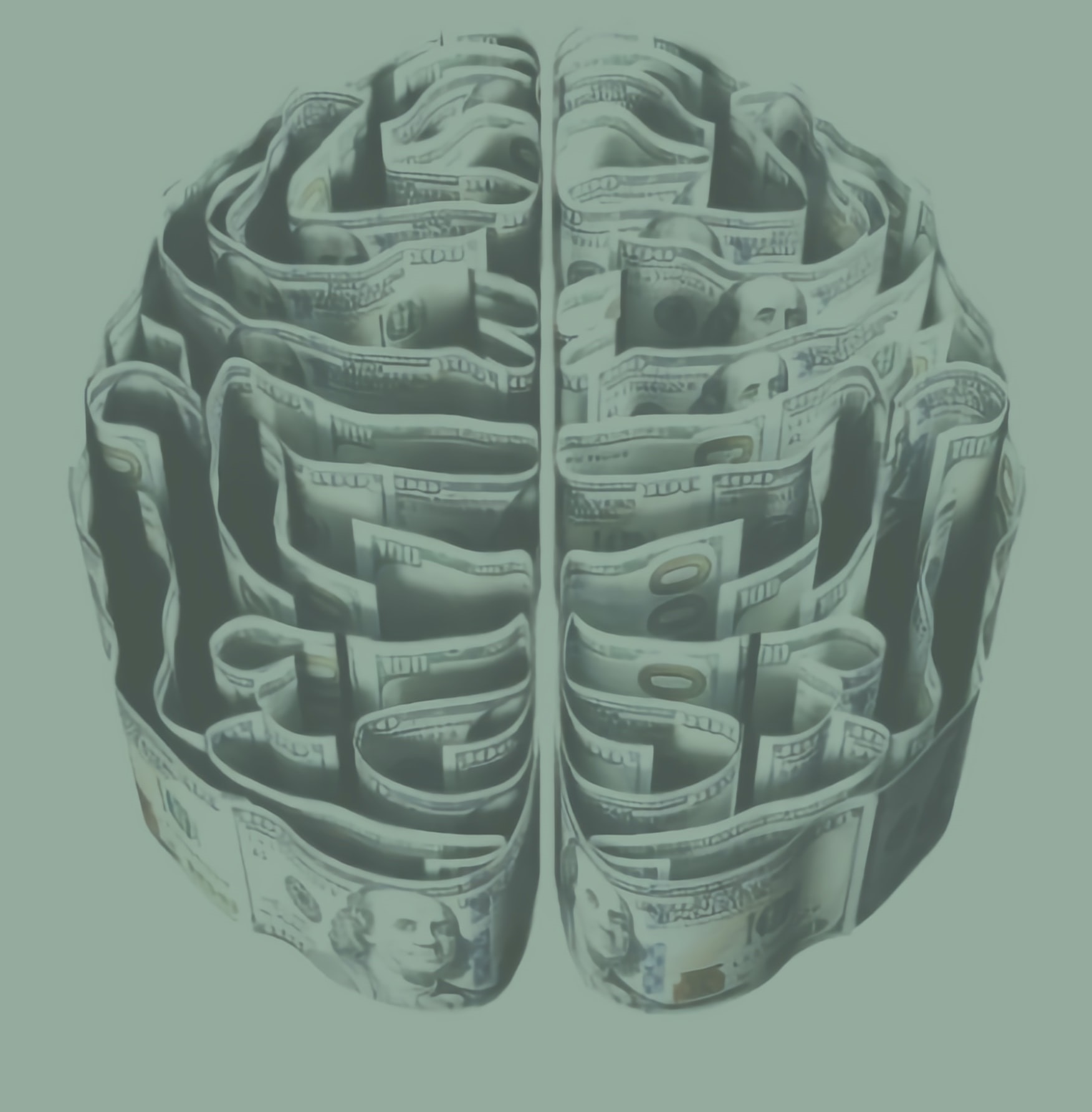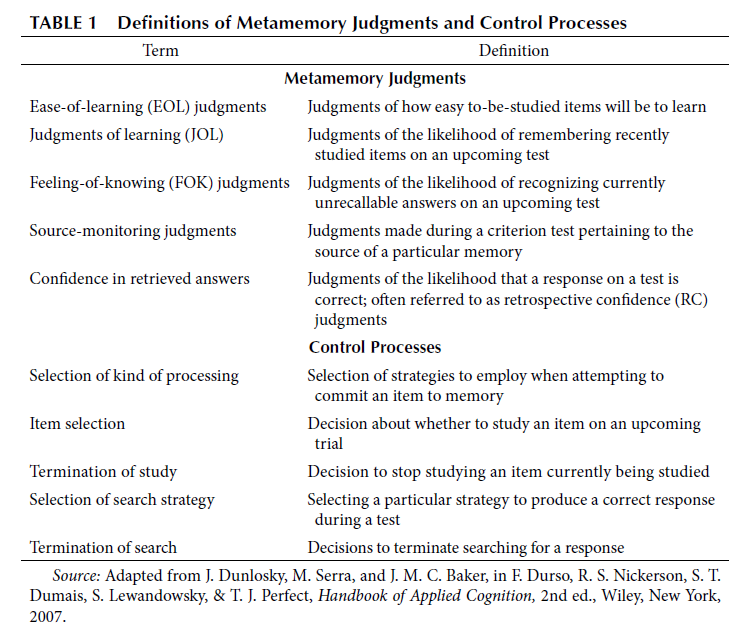Reasons for Incremental Extract Processing (I): Superior Metamemory Judgments

Photo by Morgan Housel on Unsplash
Introduction
This article is about my rationale behind Incremental Extract Processing introduced. I separated the reasons from that article because I don’t think everyone is interested in knowing the whys, only the hows and whats. In this article I will further elaborate the first benefit of Incremental Extract Processing.
1. Improved Metamemory Judgments by the Power of Spaced Repetition
Metamemory Judgments
From “Handbook of Metamemory and Memory":
Metamemory refers to people’s knowledge of, monitoring of, and control of their own learning and memory processes.

Metamemory Judgments In Dealing With Extracts
All these metamemory judgments and control processes are basically, whether you realize it or not, the underlying thought processes of how you deal with extracts. For example:
Ease-of-learning (EOL) judgments: if you think an item is easy to learn, you’ll make fewer clozes or not deserve a Q&A item.
Judgments of learning and Feeling-of-knowing (FOK) judgment: how you grade an item.
Selection of kind of processing: whether to process an extract, make cloze(s) or Q&A(s).
These thought processes are manifested in these actions:
A. Dismiss it (Ctrl+D):
“I thought it was important but now when I re-read it, I think otherwise.”
“Although it’s not important enough to be further processed, it’s nice to read it once more. Now that I’ve read it, I will dismiss it.”
B. Rewrite it, summarize in your own words, then review this extract again later:
“I know this is important enough to be processed further, yet at the moment I have no idea how to best do so.”
C. Turn it into a cloze/Q&A item:
“This is important and I have solid ideas on what to do.”
Your decisions on what to do with it are all critically dependent on the metamemory judgments. These operations greatly affect your learning quality and efficiency.
Problems with Inferior Metamemory Judgments
Lacking Enough Information to Make Good Decisions
Initially, you make extracts because “Well it seems important”. Yet to what degree (the number of clozes/Q&As) and in what formats (cloze/Q&A/both) are mostly fuzzy at this point. You can’t decide wisely on what to do with an extract because you lack the clarity and relevant information to determine it. In other words, you don’t know the extract (or in general, the whole article) well enough to know what to do with it.
In this case, if you immediately process an extract, you’ll tend to make mistakes. For example, for an extract, you should have dismissed it but you made two clozed items instead; you may have dismissed it when it’s actually very important to you, unbeknown to you at that moment. With lowered quality of metamemory judgments, skewed by all the cognitive biases, the resulting clozed/Q&A item(s) is just far from optimal.
Psychological Barrier from Creating a Clozed/Q&A Item Too Early
Once an extract is converted to a clozed/Q&A item, it’s more of less finalized. Sure, you can still modify it. But to me, it has already passed the psychological threshold of “done”:
I. If it is an extract, I need to further process it: Understanding it, shortening it, providing contextual cues etc. The natural course of action is modification.
II. If it is a clozed/Q&A item, the major focus is retrieving the answer. The natural course of action is retrieval of answer.
Therefore, modification is mostly done before it’s turned into a cloze/Q&A item. I don’t normally think whether I should dismiss a cloze/Q&A item, but I do so for extracts. If it’s important enough to be made into a cloze/Q&A item, why should I consider dismissing it? But what I may not realize is that my decision—turning it into a cloze/Q&A item— can be skewed and wrong in the first place. When turning an extract into a clozed/Q&A items too early, I will then be learning from an inferior item, or even no item should be created in the first place.
With insufficient or far from optimal level of understanding of the extracts, all the subsequent clozed/Q&A items produced is just premature creation. This is like contaminating the bloodline: what is produced afterwards is of inferior quality. Bad decisions on extracts produce bad clozed/Q&A items. You will then be learning and remembering from bad clozed/Q&A items.
Solution: Let Time Pass, a.k.a. Incremental Extract Processing
Incremental Extract Processing inherently includes spaced repetition: Re-reading the same extract across a period of time is the very definition of spaced repetition. You’ll possess higher quality of metamemory judgments and control processes when you let time pass. On the other hand, processing an extract immediately strips you the benefits of spaced repetition.
Each time you rethink structure and formulation, you hone the representation and “connectivity” of a given piece of knowledge in your memory. In addition, your priorities change as you proceed with learning. At times, you will over-invest in a piece of knowledge that quickly becomes irrelevant or out-dated. The incremental approach will reduce the impact of over-investment. - Incremental Reading
Treat an extract like a first date
An extract is a lot like first date. You can’t determine whether to marry this person because you lack the relevant and important information to make a good judgment. How do you acquire those critical pieces of information? By getting to know this person better. This is the same for extracts. When you make an extract, you don’t have a good grasp on your relationship with it, in the greater scheme of things like:
Do I really need this item? What is the honest priority of this item in the entire spectrum of my (desired) knowledge? Is this item difficult to remember? If so, why? Is it factually correct? Is it as simple and clear as it could be? Do I really need to know it now? Do you need supplementary knowledge to understand all ramifications of the item? - Incremental Reading
If you want to process extracts well, you need to let time pass in order to acquire more and accurate metamemory judgments. With time, you’ll gain clarity and better know what to do with it.
My point is, you will have far superior quality of all these metamemory judgments and control processes after some time, due to the power of spaced repetition.
Case Study: Two Passive Reviews are Enough
There are extracts that are worth reading more than once, yet not worthy of turning into clozes/Q&A items.
For example, I have the following extract on meditation from 21 Lessons For 21st Century by Yuval Noah Harari:
I was not the CEO – I was barely the gatekeeper. I was asked to stand at the gateway of my body – the nostrils – and just observe whatever comes in or goes out. Yet after a few moments I lost my focus and abandoned my post.

As you can see, over the span of a month, I’d made the extract, re-read it twice, then dismissed it. I didn’t remember why I extracted it in the first place, probably because I liked this analogy. I could have made it into a clozed or Q&A item, but I didn’t. If I immediately processed this extract, I might have made this Q&A:
|
|
After re-reading it twice, I did not think it was worth further processing, so I dismissed it. When passively reviewing an extract later on, even if I don’t turn it into clozes/Q&A items, I still benefit from reading it once more in a spaced repetition manner, hence “remember” more, or at least, enriching that memory trace even a tiny bit.
My Old Mentality
I didn’t realize the benefits of Incremental Extract Processing early on. I had the bad habit of immediately processing extracts during Incremental Reading. My steps:
1. Reading an article and making extracts as I go.
2. Before moving on to the next element, if I’ve made 4 extracts, I would turn those 4 extracts into clozes or (rarely) Q&A items.
My old mentality was that I wanted to “finish” the extracts. I thought the ultimate destiny of an extract was turned into a clozed/Q&A item. Leaving the extracts “hanging” felt like leaving a task unfinished, so why not do it immediately?
But now I realized this is not true. I can even just dismiss it when SuperMemo shows it to me. If I don’t dismiss it, I don’t even have to process an extract in one go. Rather than compressing the time span, I should do the opposite: extend the time span to take advantage of the power of the spacing effect. Time allows me to put on a new pair of glasses, to review the materials with a fresh perspective. The required judgment at discerning between the signal and the noise are better revealed with the passage of time.
Let time do its magic.
Closing Remarks
After proofreading this article I realized this is pretty complicated. I’ve tried to simplify it without losing much detail. I hope it’s not too confusing.